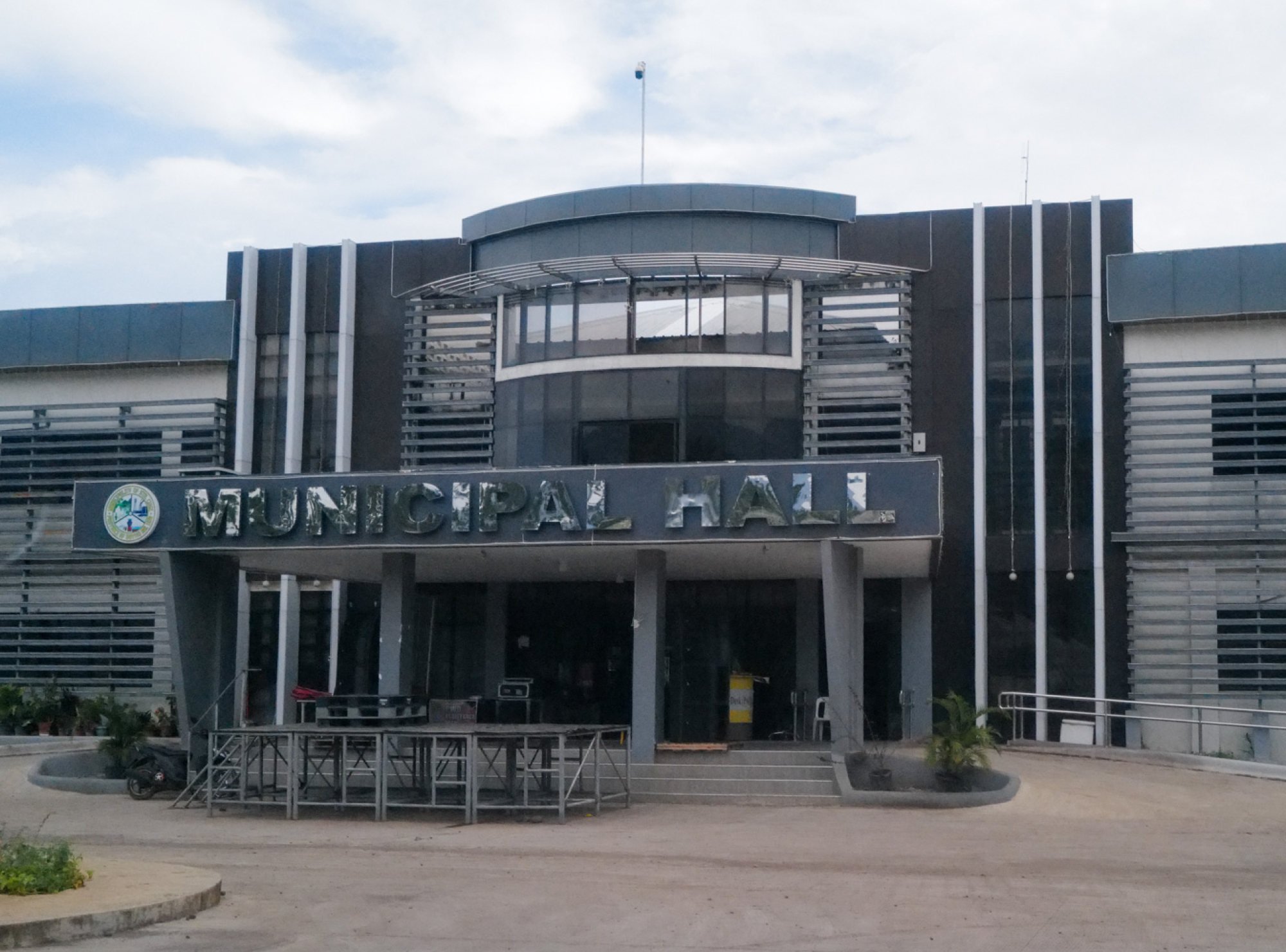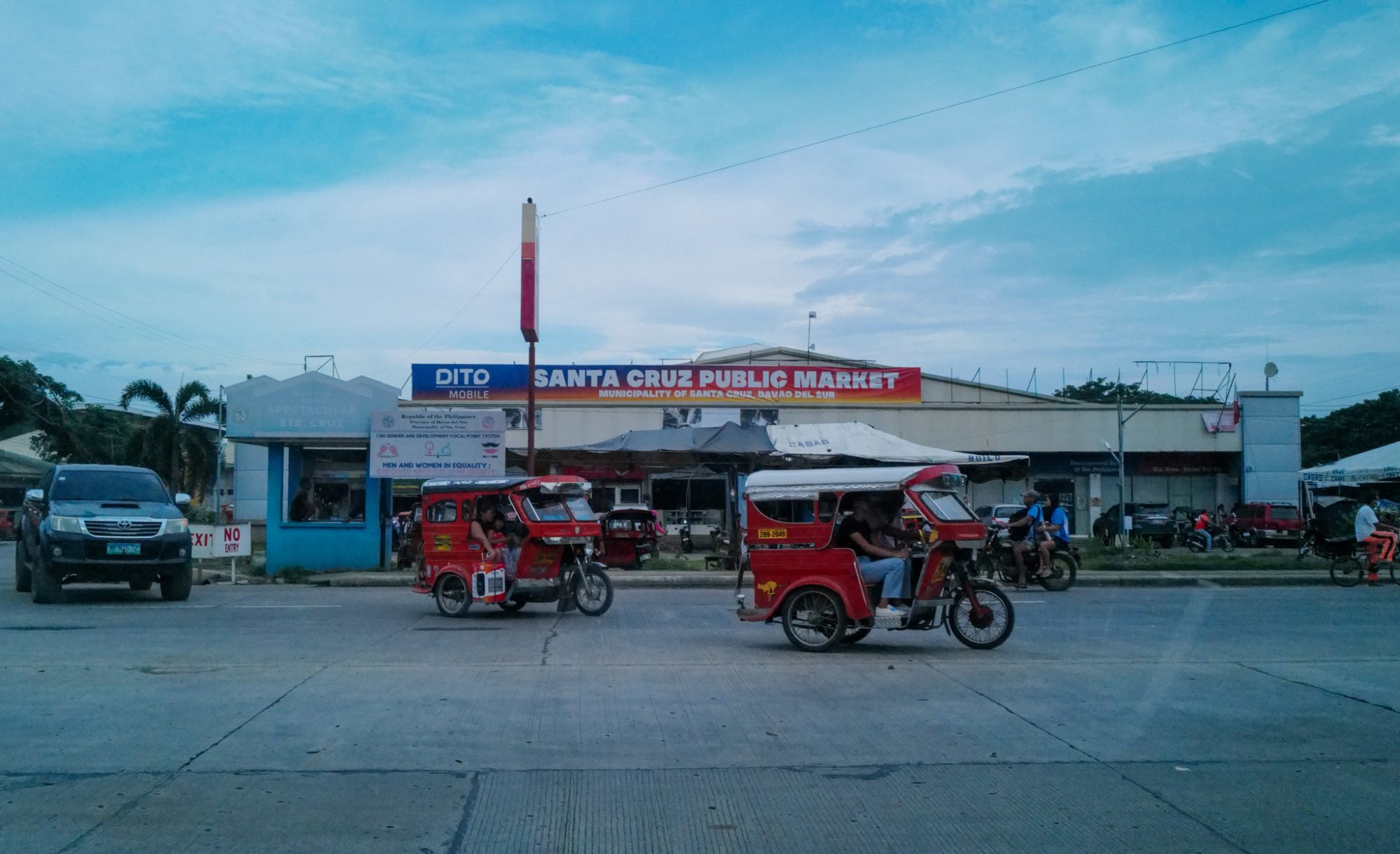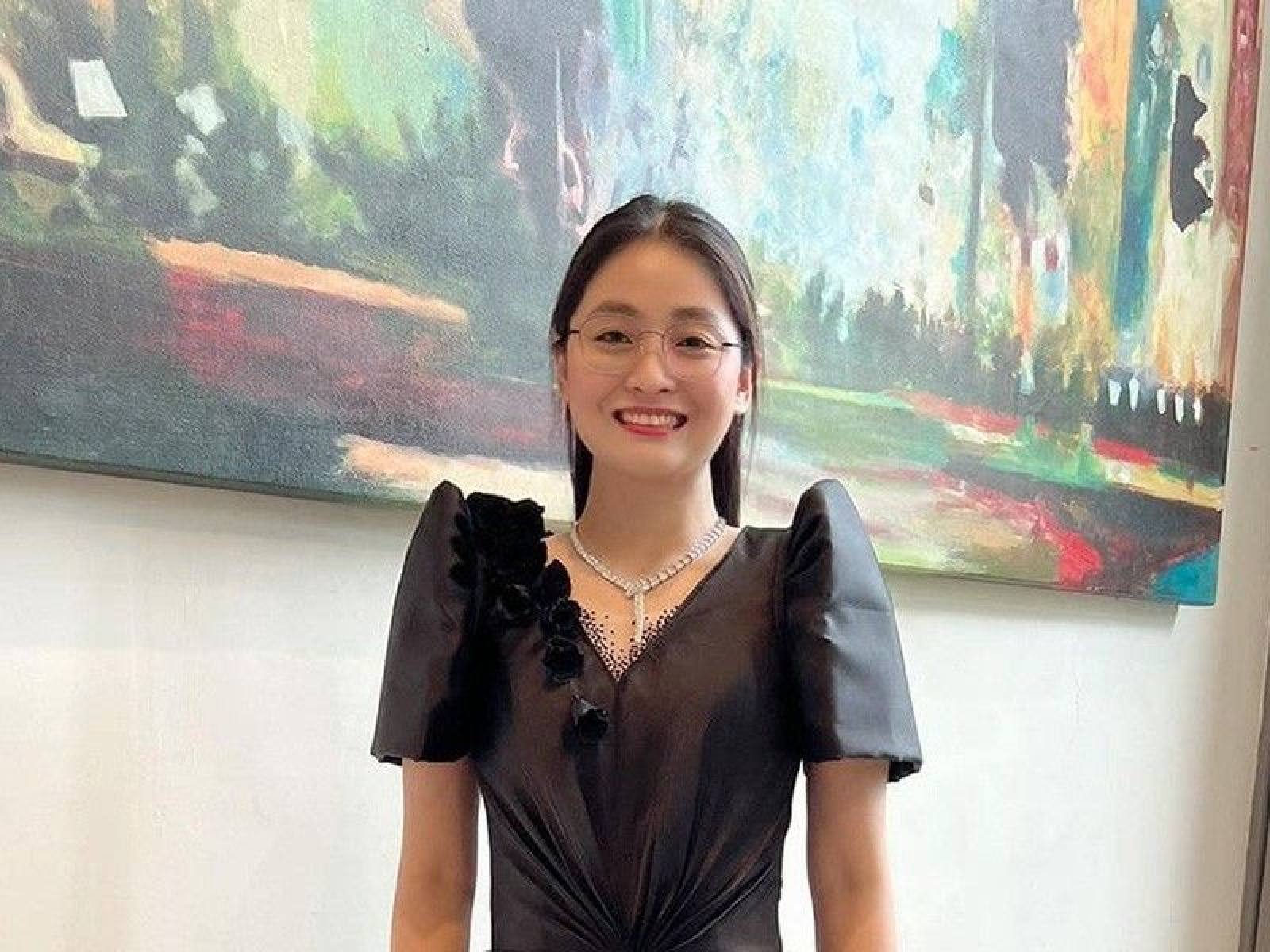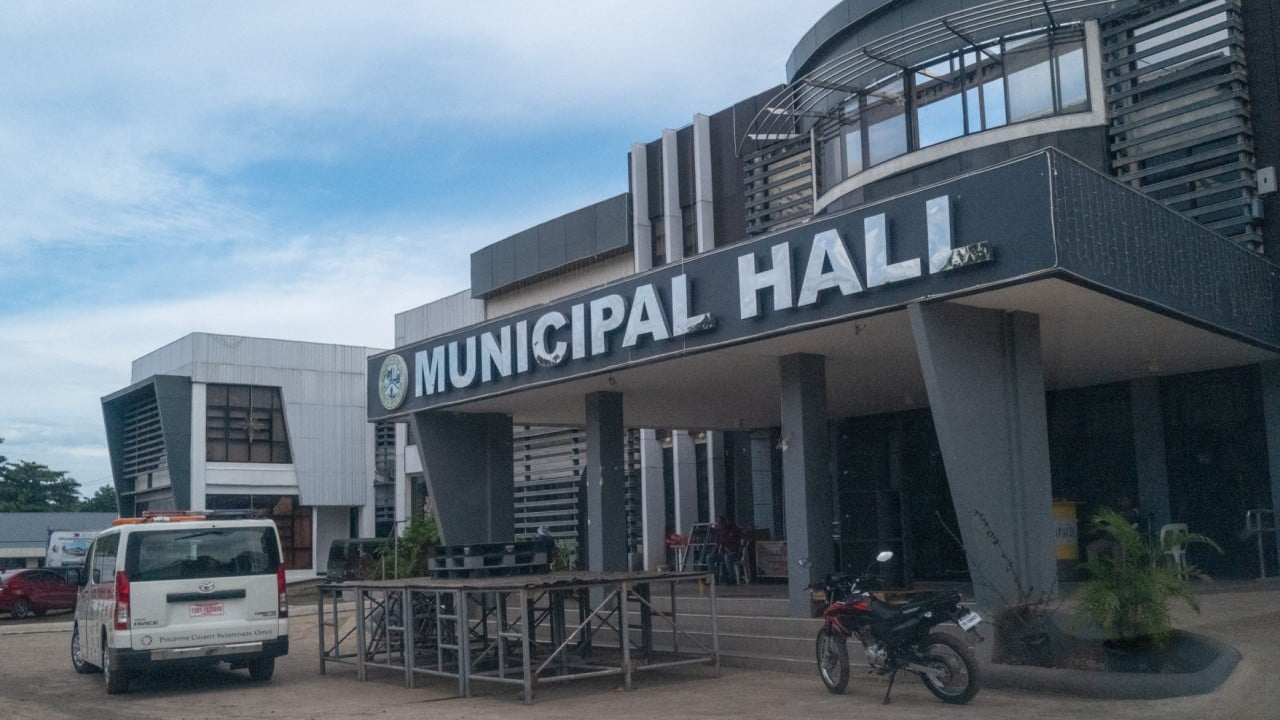Philippine authorities have uncovered another 1,000 cases of Chinese nationals who secured local birth certificates, with the latest find fuelling a wider crackdown on foreigners claiming false Filipino identities.
National Bureau of Investigation (NBI) director Jaime Santiago told reporters on Monday that the head of the civil registry office in Santa Cruz since 1994, Mario Tizon, had been suspended following the scandal.
“The actual number has grown to 1,200,” Santiago said.
The NBI, which earlier reported that 200 cases were traced in the same southern region last week, has widened its probe in Luzon Island areas, particularly in the provinces of Pampanga and Tarlac, known to host illegal offshore gaming operations (Pogos) linked to the Chinese.
A source inside the Philippine Statistic Authority (PSA) told This Week in Asia, there could still be a huge number of birth registrations given to foreigners in past years.
“They took advantage of the late registration scheme since it’s easy to have someone’s birth registered,” said the source, who spoke on condition of anonymity.
“It could be that the registry office in Santa Cruz is not very strict in terms of documents presented to them during the late registration process.”.

In a statement on Monday, Bureau of Immigration Commissioner Norman Tansingco said they had asked for data on all Filipinos who used the late registration scheme, for cross-checking with those uncovered by the NBI.
According to Tansingco, the bureau recently intercepted 13 foreign nationals pretending to be Filipinos at Ninoy Aquino International Airport. He did not specify the nationality of the 13 detained citizens.
‘Patented grey-zone tactic’
Political analyst Edmund Tayao, president and CEO of think tank Political Economic Elemental Researchers and Strategists, warned on Tuesday that the security risks posed by Chinese nationals claiming to be Filipino were obvious.
“This happened to other countries already. They opened their doors, made friends and asked for financial help. Before they know it, their country is no longer theirs as it is already controlled by a foreign entity. And that’s not even firing a gun. This is a patented grey-zone tactic,” Tayao told This Week in Asia.
According to Tayao, what the NBI uncovered was an indictment of the central government’s set-up which was hardly a system, making it “very easy to penetrate the country, even the government itself”.
Tayao said it was only now that the Chinese had come under the spotlight, but before that, there were also issues with Koreans and Vietnamese infiltrating the country.
The controversy surfaced last week when law enforcers detained a 21-year-old Chinese national over false documents used in a Philippine passport application inside a shopping centre in Davao City in Mindanao island.
The suspect, Hengson Jabilles Limosnero, whose real name is Qui Halin, was found to have faked birth certificates registered in Santa Cruz town. He also managed to secure a driving licence and national ID card from the Philippine Statistics Authority that he used to enrol into an accountancy course at Ateneo de Davao University.
“That’s very concerning. Of all the places, they get it from Santa Cruz, Davao del Sur. It goes without saying that there’s a syndicate operating in Santa Cruz or inside the PSA working on fake birth certificates,” Senator Sherwin Gachalian told reporters on Monday.

“Last Saturday I talked to someone in the Chinese community. The price to get a birth certificate with a passport and driving licence is P300,000 (US$5,400). Someone is facilitating,” Gatchalian claimed.
Two months ago, the Department of Foreign Affairs imposed stricter visa controls for Chinese nationals following the discovery of fraudulent immigration applications that had led to illegal entry and overstaying of foreigners.
The measure comes with both countries locked in an escalating war of words over territorial disputes in the South China Sea and national security fears in Cagayan province in the northern tip of Luzon island facing Taiwan – where some 4,600 Chinese nationals are enrolled in private universities.
Northern Luzon houses three new sites under the Enhanced Defence Cooperation Agreement, a pact with the United States that allows it access to military bases in the Philippines.
Cheeno Miguel Almario, a congressman representing Davao Oriental, also in Mindanao Island, said the central government needed to strengthen the legislative framework to ensure rigorous verification processes were in place for the issuance of birth certificates.
“We must understand that a birth certificate is more than just a document; it symbolises a Filipino’s connection to their country. It is the first official document that every Filipino receives as their birthright, establishing their official tie to the nation. This is not something that can be easily given, fabricated or bought,” Almario said in a statement on Monday.
Another lawmaker, assistant majority leader Paolo Ortega, also, on Monday warned, that Chinese nationals using falsified documents posed a dire threat to the country’s national security.

“These individuals could potentially exploit their new-found status to engage in activities detrimental to our country, including espionage, economic sabotage, and other criminal enterprises.”
One prominent figure found to have falsified her birth certificate was suspended mayor Alice Guo, who has an arrest warrant out over her alleged links to an illegal online gaming firm in Bamban town.
The investigation into Guo began after police raided a Pogo compound in Bamban, the town in Tarlac province. Guo has repeatedly denied being a Chinese citizen, citing she is a Filipino born of a Chinese father and a Filipino mother.


